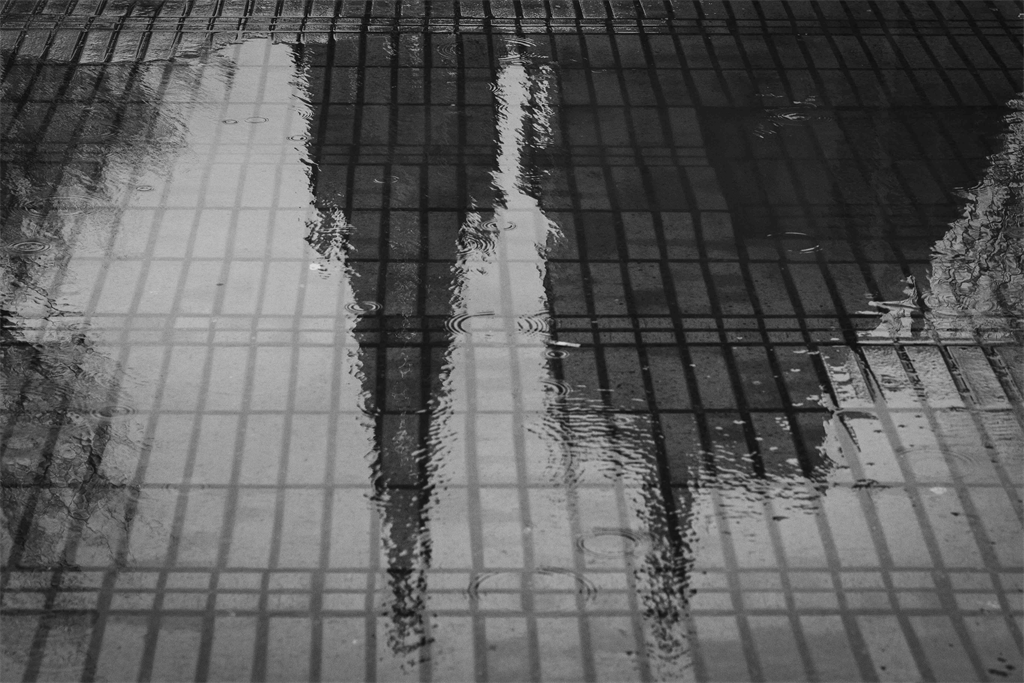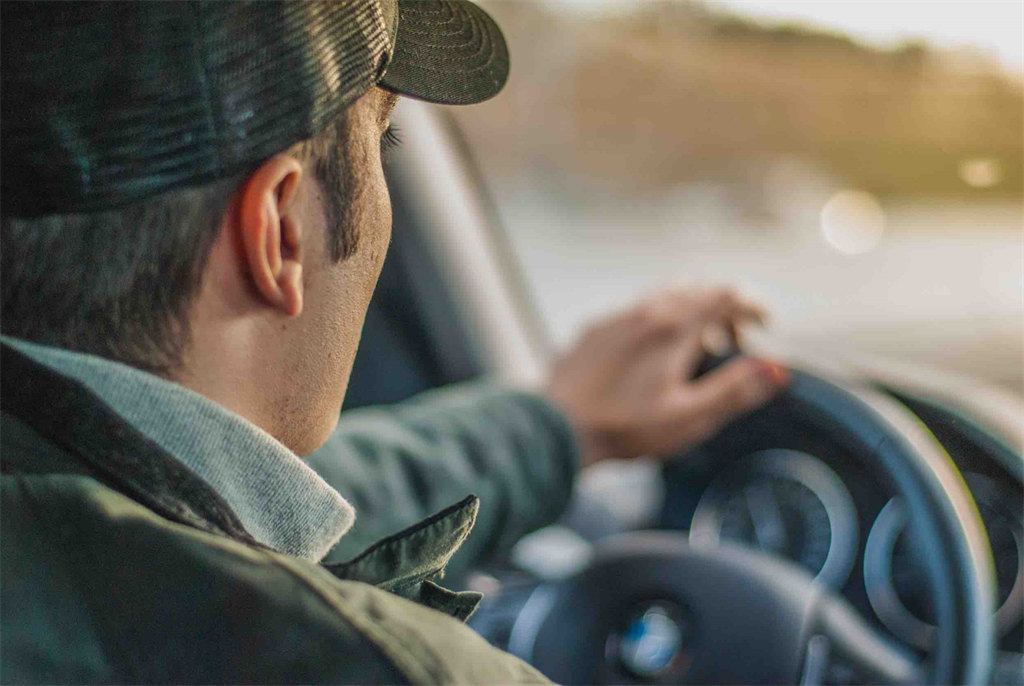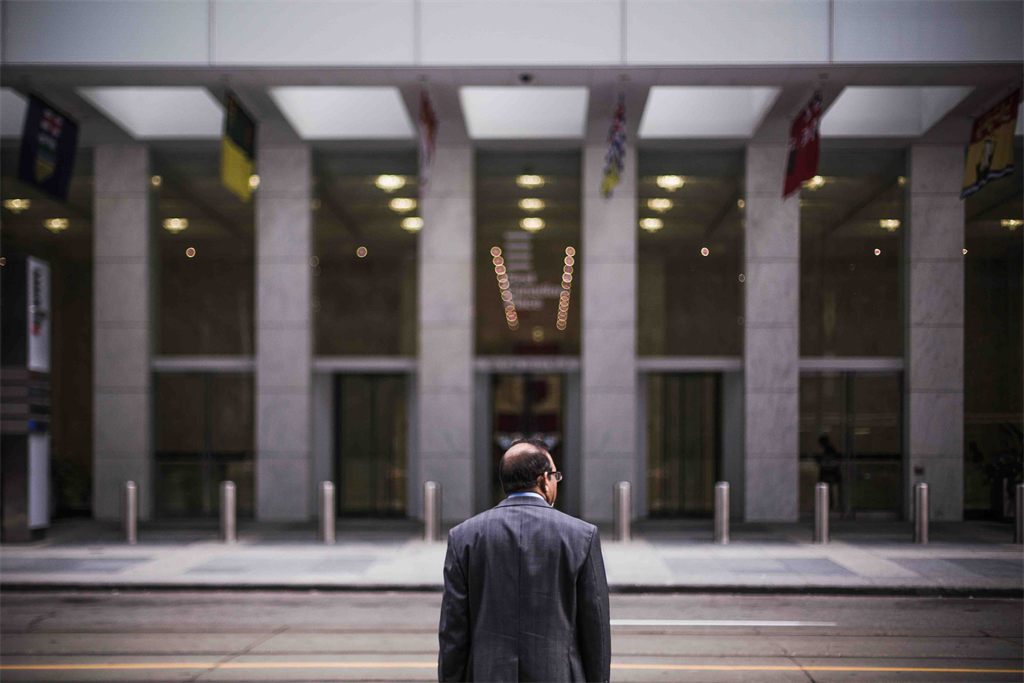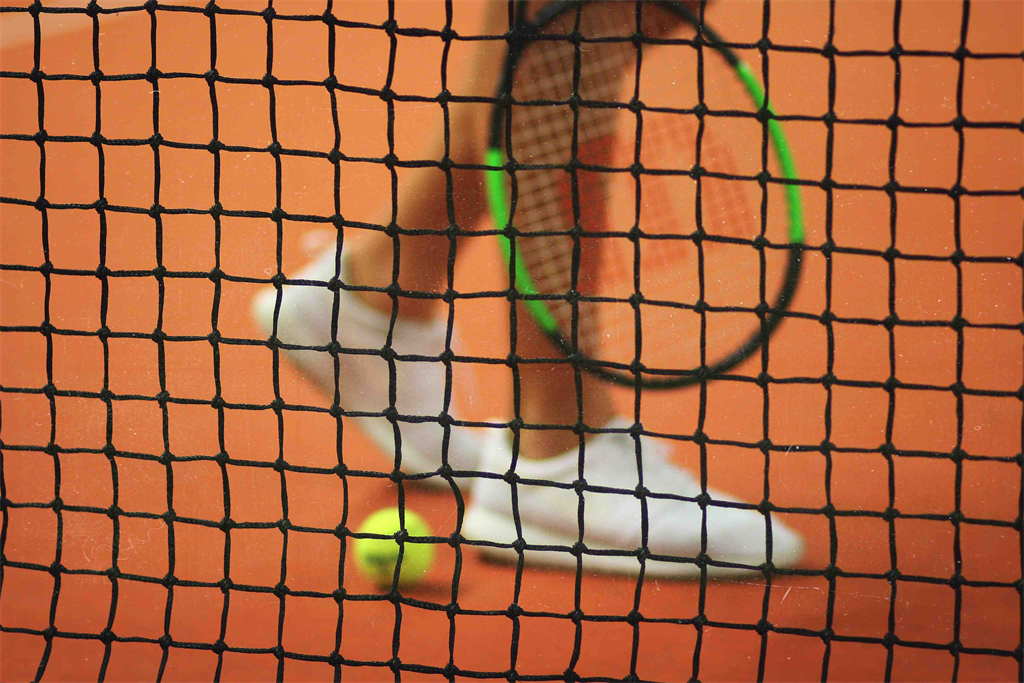The Seattle Personal Injury Blog
Posted Friday, April 12, 2019 by
Chris Thayer
 No one goes into a store, walks on the sidewalk, or does anything with the anticipation and desire to slip and fall. Slip and fall injuries can be detrimental to your health and livelihood. In many Seattle slip and fall cases, the biggest issue is determining who is at fault for the fall and injury, and therefore who is responsible for damages that result from the injury. Usually, the property owners are the first people considered to be responsible for injuries that occur on their property. The crux of many slip and fall cases is determining whether the property owner where the fall took place was acting responsibly in the maintenance of his or her property.
No one goes into a store, walks on the sidewalk, or does anything with the anticipation and desire to slip and fall. Slip and fall injuries can be detrimental to your health and livelihood. In many Seattle slip and fall cases, the biggest issue is determining who is at fault for the fall and injury, and therefore who is responsible for damages that result from the injury. Usually, the property owners are the first people considered to be responsible for injuries that occur on their property. The crux of many slip and fall cases is determining whether the property owner where the fall took place was acting responsibly in the maintenance of his or her property.
Property owners have a duty to those on their property to fix dangerous conditions that arise on the property that any ordinary person would see, know the danger that it could pose, and subsequently avoid that danger. Failure to keep a property free from danger can result in liability if a slip and fall occurs on that property.
A common type of slip and fall case is a customer slipping on a puddle of water in the grocery aisle and being injured. In order to prove fault, there are a few conditions that need to be met:
- The property owner, or one of their employees, was the cause of the dangerous or hazardous condition; or
- The property owner, or their employee, knew that the dangerous or hazardous condition exists, but did nothing about it; or
- The owner, or their employee, should have reasonably known of the dangerous condition’s existence.
In the grocery store example, the property owner may be found liable for the victim’s damages if the owner or employee spills water and fails to clean it up or warn customers about it, the spill is seen and no warning or remedy is present, or too much time has passed since the spill such that the employee or owner should have known about it.
The difficult part of determining liability is determining what the reasonable expectation is for a property owner to keep his or her property safe. To determine this, there are some questions that need to be examined:
- How long did the dangerous condition exist?
- Does the owner regularly inspect their property?
- Did the dangerous condition have reason to be where it was?
- Was the dangerous condition once safe, but after time passes it no longer is?
- Could a simple warning be issued?
Proving that a property owner is at fault, or anyone at all, in a slip and fall case can be difficult. The personal injury attorneys at Pivotal Law Group are here to help you collect the damages that you are entitled to under the circumstances. We work diligently to prove who was at fault in causing the slip and fall so that you have the resources necessary to recover fully and get your life back to the way it was. Contact us today for a consultation.
(image courtesy of Lucas Carl)
Permalink to this entry
Posted Friday, April 5, 2019 by
Chris Thayer
 Being involved in any sort of car accident can be frustrating. This frustration only grows if the driver of the other vehicle does not have proper car insurance. Even though the law requires that drivers all throughout Washington have auto insurance while driving, and driving without valid insurance is against the law, there are some drivers who do not have the proper auto insurance. In fact, Washington state has the tenth highest number of uninsured drivers throughout the entire United States. Normally, someone else’s insurance does not have any affect on your day-to-day life. However, when you are involved in an accident, and it is the other driver’s fault, you want his or her insurance to provide compensation to fix damage to your car and for any injuries that you might have sustained.
Being involved in any sort of car accident can be frustrating. This frustration only grows if the driver of the other vehicle does not have proper car insurance. Even though the law requires that drivers all throughout Washington have auto insurance while driving, and driving without valid insurance is against the law, there are some drivers who do not have the proper auto insurance. In fact, Washington state has the tenth highest number of uninsured drivers throughout the entire United States. Normally, someone else’s insurance does not have any affect on your day-to-day life. However, when you are involved in an accident, and it is the other driver’s fault, you want his or her insurance to provide compensation to fix damage to your car and for any injuries that you might have sustained.
Washington law requires drivers to have auto insurance and proof of coverage with them anytime they drive a vehicle. Every driver must at least have:
- $25,000 for injuries or death of another person;
- $50,000 for injuries or death to all other people;
- $10,000 for damaging another person’s property.
The above are the minimum insurance requirements. Drivers can have additional insurance coverage on their vehicles. When a driver with whom you have been in an accident does not have the required insurance, you have a couple options.
*Insurance/Healthcare Coverage
*In some insurance coverage plans, there are personal injury protection (PIP) benefits included. This is additional coverage from the required insurance amount that provides compensation for various damages such as medical bills, hospital bills, lost wages, funeral expenses, etc.) PIP is a no-fault insurance, which means that you can still receive the benefits of the coverage even if you were at fault in an accident. After an accident, check your insurance policy to see if you have this coverage option or look into adding it to an additional provision in your current policy. Also look into insurance policies of members of your family to see if you are covered under their insurance plans.
In addition to PIP coverage, your policy might include an Uninsured Motorist policy that provides damages if the uninsured motorist in the accident was responsible for the accident. You can also look into using your personal healthcare plan to cover injury expenses.
*The Personal Injury Option*While you may have insurance policies, or healthcare coverage, to help you recover from the accident, the other uninsured driver can be held liable for his or her actions. Even if the other driver did not have insurance, you can seek compensation through a personal injury suit. A personal injury suit holds the other driver legally responsible for his or her negligence. This could result in a damage award for you to help with the damages caused by the accident.
The personal injury attorneys at Pivotal Law Group are here for you after an accident. We know how frustrating it is when the other driver does not have insurance. Our attorneys will go through the options available to you – from using various insurance policies to suing the other driver in a personal injury suit. Contact us today for a consultation.
(image courtesy of Guillermo Sanchez)
Permalink to this entry
Posted Friday, March 29, 2019 by
Chris Thayer
 Once a personal injury suit is filed, there are many other steps that take place before the case is decided. One of these steps that is likely to take place is a deposition. In many personal injury cases, the injured plaintiff will be deposed by the opposing party to have an opportunity to ask questions directly to the plaintiff regarding their injury. A deposition is a legal process in which the parties are able to ask questions to the plaintiff or others relating to the case under oath. Usually in personal injury suits, a lawyer will want to depose the other party, but third parties can also be deposed.
Once a personal injury suit is filed, there are many other steps that take place before the case is decided. One of these steps that is likely to take place is a deposition. In many personal injury cases, the injured plaintiff will be deposed by the opposing party to have an opportunity to ask questions directly to the plaintiff regarding their injury. A deposition is a legal process in which the parties are able to ask questions to the plaintiff or others relating to the case under oath. Usually in personal injury suits, a lawyer will want to depose the other party, but third parties can also be deposed.
*Before the Deposition*Before the deposition, there are a number of things that you can do to prepare. While you will not know exactly the questions the deposing party might ask, your lawyer will likely be able to anticipate some of the questions that will be asked. You can go through these with your lawyer and make sure you are comfortable answering them and will not be completely blindsided.
*During the Deposition*The parties present during a deposition include you and your lawyer, the deposing parties and their lawyers, and a court reporter. There is no reason to be nervous about a deposition. Go in, answer the questions you are asked, and your lawyer will be there to make sure that things go according to plan. If there are any questions that your lawyer deems inappropriate or irrelevant, they will make an objection. Usually, however, you will still be instructed to answer the question. The objection will be noted in the deposition transcript created by the court reporter. Later on, a judge can decide if that question was permissible or if it should not have been asked and the answer prevented from being used moving forward.
*After the Deposition*The court reporter will type up every word that was said and each party can request a transcript for review to use for preparation of trial. Parts of the deposition may be used at a trial and read to the judge and/or jury. It is important to remain consistent with your testimony because if your account of events differs between the deposition and trial, this may cast doubt on the validity of your claim. Preparing for the deposition with your attorney is the best way to prevent any mistakes at the deposition that could harm you at a subsequent trial.
The personal injury attorneys at Pivotal Law Group are here to help you every step of the way. We know that depositions might seem scary, but we are committed to preparing you for the event and making you as comfortable as possible throughout. Our attorneys are ready to see you through the entire case, from filing to trial to receiving your award. Contact us today for a consultation and find out how we can help you recover damages for an injury you have sustained due to the negligence of another.
(image courtesy of Matthew Henry)
Permalink to this entry
Posted Friday, March 22, 2019 by
Chris Thayer
 Springtime is here! In addition to nice weather, a mood lift from the dark and cold days of winter, and the excitement of summer happening soon, many children’s sports teams are starting their spring seasons. Playing a sport can be the highlight of a young person’s life. Organized sports teach teamwork, dedication, hard work, communication skills, physical fitness, and can boost a child’s self-confidence. There are numerous benefits to playing sports, but participating in a sport does not come without risks. Youth sports can result in serious injuries that can change a child’s life.
Springtime is here! In addition to nice weather, a mood lift from the dark and cold days of winter, and the excitement of summer happening soon, many children’s sports teams are starting their spring seasons. Playing a sport can be the highlight of a young person’s life. Organized sports teach teamwork, dedication, hard work, communication skills, physical fitness, and can boost a child’s self-confidence. There are numerous benefits to playing sports, but participating in a sport does not come without risks. Youth sports can result in serious injuries that can change a child’s life.
Parents want to keep their children safe and will stop at nothing to do so. However, accidents and injuries still occur. Therefore, it is important to be aware of the potential injuries your child may incur when playing organized sports.
- Dislocated Joints: One of the main injuries associated with sports is dislocating a joint. This happens when there is some movement or contact that moves a bone out of the joint in which it normally rests. Signs of dislocation include the area being swollen, pain, and an noticeably odd appearance at the joint.
- ACL Tears: An ACL tear is an injury to the connective tissue that surrounds the knee. This is often talked about in college or professional sports as being a career-ending injury. This is because it is difficult to recover from and requires extensive therapy over a long period of time. This type of injury occurs when an individual suddenly stops, changes direction quickly, lands wrong after jumping into the air, or even just slows down while running.
- Fractures/Bone Breaks: A fracture can occur in any sport, not just in contact sports. Tripping and falling down, colliding with another player, or otherwise coming into contact with hard surfaces can result in a fracture or break. Any injury to the bone needs to be addressed immediately to make sure it heals properly.
- Concussions: One of the most dangerous injuries a child can endure in sports is a concussion. A concussion is a “minor” traumatic brain injury. If left untreated, or if it is not diagnosed or found, it can result in serious consequences.
It is not unreasonable to think that your child might get hurt while playing sports. In many instances, when signing up your child for a sports team, there is a degree of assuming the risk of injury. Some injuries might come with the territory of playing a sport, but not every injury falls under assumption of risk. Regardless of the risk associated with the sport, if an injury is caused by the negligence or wrongful act of another, you might be entitled to compensation for the injury. The personal injury attorneys at Pivotal Law Group are here to help you get the compensation needed to recover from an injury. Contact us today for a consultation.
(image courtesy of John Fornander)
Permalink to this entry
Posted Friday, March 15, 2019 by
Chris Thayer
 Distracted driving is one of the leading causes of automobile accidents throughout the entire country. According to the Washington Traffic Safety Commission, fatalities resulting from distracted driving accidents are on the rise. Distracted driving is a broad term and really refers to anything that takes your mind off of the task at hand of driving safely and reaching a destination without incident. Distracted driving presents many dangers, and some even say that distracted driving can be more dangerous than drunk driving. What exactly constitutes distracted driving? Is it texting, fiddling with the radio, or drinking a cup of coffee? Washington state has expanded upon its definition of distracted driving.
Distracted driving is one of the leading causes of automobile accidents throughout the entire country. According to the Washington Traffic Safety Commission, fatalities resulting from distracted driving accidents are on the rise. Distracted driving is a broad term and really refers to anything that takes your mind off of the task at hand of driving safely and reaching a destination without incident. Distracted driving presents many dangers, and some even say that distracted driving can be more dangerous than drunk driving. What exactly constitutes distracted driving? Is it texting, fiddling with the radio, or drinking a cup of coffee? Washington state has expanded upon its definition of distracted driving.
Since the number of accidents and fatalities resulting from distracted driving has been steadily increasing, the state of Washington has taken action by expanding upon what is considered distracted driving. One of the leading causes of distracted driving is using an electronic device while operating an automobile. Washington now has a law prohibiting Electronics DUI, which specifically prohibits people from holding any electronic device in their hand while driving. This prohibition also extends to sitting at a stoplight or being stopped in traffic. If you are operating the vehicle, your hands cannot be holding or touching an electronic device. If law enforcement sees you holding an electronic device, they will be able to pull you over with that being the primary offense. No longer is holding an electronic device a secondary offense that must be combined with another wrongful action to warrant pulling someone over. The exceptions to holding an electronic device are that you are permitted to use a phone to call emergency services. Aso, if a vehicle is pulled over, stopped elsewhere than the road, or otherwise out of the way of traffic, the driver is permitted to use an electronic device. However, law enforcement warns against stopping on the side of a highway to use an electronic device for additional safety reasons.
Using an electronic device is not the only means of distraction on the road. The law prohibits other forms of distraction, such as eating, reading, smoking, and other actions that can distract a driver from the task at hand. However, these types of distractions are secondary offenses. This means that law enforcement would need the driver to be committing some other driving offense to be stopped for distracted driving. Nevertheless, it is a great idea to minimize distractions. Distracted driving can cause serious injuries and death.
If you have been involved in an accident with a distracted driver, the personal injury attorneys at Pivotal Law are here to help you. We know that recovering from accidents can be difficult and costly. If your injury has been caused by the negligence or wrongful act of another, you might be entitled to compensation through a personal injury suit. You should not be left to pick up the pieces without any help after an injury. Let us help you collect the funds needed to recover and return you to your non-injured state. Contact us today for a consultation.
(image courtesy of Priscilla Du Preez)
Permalink to this entry
 No one goes into a store, walks on the sidewalk, or does anything with the anticipation and desire to slip and fall. Slip and fall injuries can be detrimental to your health and livelihood. In many Seattle slip and fall cases, the biggest issue is determining who is at fault for the fall and injury, and therefore who is responsible for damages that result from the injury. Usually, the property owners are the first people considered to be responsible for injuries that occur on their property. The crux of many slip and fall cases is determining whether the property owner where the fall took place was acting responsibly in the maintenance of his or her property.
No one goes into a store, walks on the sidewalk, or does anything with the anticipation and desire to slip and fall. Slip and fall injuries can be detrimental to your health and livelihood. In many Seattle slip and fall cases, the biggest issue is determining who is at fault for the fall and injury, and therefore who is responsible for damages that result from the injury. Usually, the property owners are the first people considered to be responsible for injuries that occur on their property. The crux of many slip and fall cases is determining whether the property owner where the fall took place was acting responsibly in the maintenance of his or her property.
 Being involved in any sort of car accident can be frustrating. This frustration only grows if the driver of the other vehicle does not have proper car insurance. Even though the law requires that drivers all throughout Washington have auto insurance while driving, and driving without valid insurance is against the law, there are some drivers who do not have the proper auto insurance. In fact, Washington state has the tenth highest number of uninsured drivers throughout the entire United States. Normally, someone else’s insurance does not have any affect on your day-to-day life. However, when you are involved in an accident, and it is the other driver’s fault, you want his or her insurance to provide compensation to fix damage to your car and for any injuries that you might have sustained.
Being involved in any sort of car accident can be frustrating. This frustration only grows if the driver of the other vehicle does not have proper car insurance. Even though the law requires that drivers all throughout Washington have auto insurance while driving, and driving without valid insurance is against the law, there are some drivers who do not have the proper auto insurance. In fact, Washington state has the tenth highest number of uninsured drivers throughout the entire United States. Normally, someone else’s insurance does not have any affect on your day-to-day life. However, when you are involved in an accident, and it is the other driver’s fault, you want his or her insurance to provide compensation to fix damage to your car and for any injuries that you might have sustained. Once a personal injury suit is filed, there are many other steps that take place before the case is decided. One of these steps that is likely to take place is a
Once a personal injury suit is filed, there are many other steps that take place before the case is decided. One of these steps that is likely to take place is a  Springtime is here! In addition to nice weather, a mood lift from the dark and cold days of winter, and the excitement of summer happening soon, many children’s sports teams are starting their spring seasons. Playing a sport can be the highlight of a young person’s life. Organized sports teach teamwork, dedication, hard work, communication skills, physical fitness, and can boost a child’s self-confidence. There are numerous benefits to playing sports, but participating in a sport does not come without risks. Youth sports can result in
Springtime is here! In addition to nice weather, a mood lift from the dark and cold days of winter, and the excitement of summer happening soon, many children’s sports teams are starting their spring seasons. Playing a sport can be the highlight of a young person’s life. Organized sports teach teamwork, dedication, hard work, communication skills, physical fitness, and can boost a child’s self-confidence. There are numerous benefits to playing sports, but participating in a sport does not come without risks. Youth sports can result in  Distracted driving is one of the leading causes of automobile accidents throughout the entire country. According to the Washington Traffic Safety Commission, fatalities resulting from distracted driving accidents are on the rise. Distracted driving is a broad term and really refers to anything that takes your mind off of the task at hand of driving safely and reaching a destination without incident. Distracted driving presents
Distracted driving is one of the leading causes of automobile accidents throughout the entire country. According to the Washington Traffic Safety Commission, fatalities resulting from distracted driving accidents are on the rise. Distracted driving is a broad term and really refers to anything that takes your mind off of the task at hand of driving safely and reaching a destination without incident. Distracted driving presents